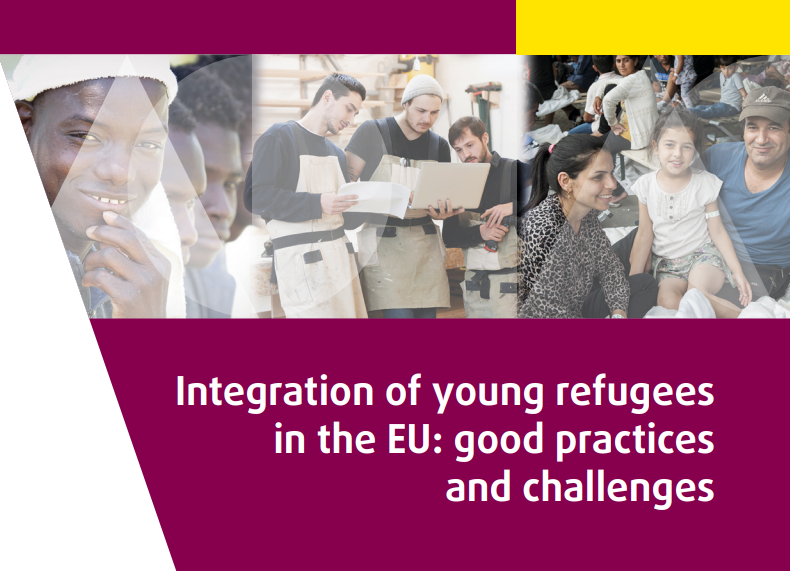New FRA report shows not all refugee children in the EU have equal access to education
Published:
On 19 November, the European Union Agency for Fundamental Rights (FRA) published its report on "Integration of young refugees in the EU". It identifies serious obstacles in existing integration approaches for young people (age 16-24) in the fields of family reunification, housing, social welfare, health or education and delivers good practice examples from EU member states. The data shows that in some EU countries, refugee children have to wait up to one year to attend compulsory school. Education is a right for all, and education trade unions have the responsibility to urge governments to speed up this process.
Even though young migrant children are in principle entitled to access mainstream compulsory and free of charge education in most EU countries, it is not always given, and the implementation differs from Member State to Member with children waiting between 3 months to one year before attending school. The report sees languages barriers, administrative bureaucracy, limited capacities of schools and lack of teachers as main reasons for the enrolment delays. Furthermore, some refugees remarked the pressure to attend vocational education instead of tertiary education.
In terms of adult education and vocational training, the report also shows inclusion measures normally only start once a person is granted asylum. Some countries like Germany and Sweden have introduced mandatory inclusion programmes for protection status holders and asylum applicants with good prospects of acquiring a protection status. According to the FRA, asylum applicants should be granted access to education, vocational training and employment as early as possible in order to help them to achieve economic self-reliance and integrate easier in the society.
Similar conclusions were reached by the research report of the ETUCE and EFEE’s joint project on promoting effective integration of migrants and refugees in education through social dialogue, which recommends support-based inclusion of migrants in education systems. Project’s outcomes also showed the key role of social dialogue in effective inclusion of migrants in education and society.
The ETUCE-EFEE Joint Guidelines for the effective inclusion of migrants and refugees in education, together with the Quality Framework for an Effective Inclusion of Migrants and Refugees in Education, are to be proposed for adoption at the upcoming European Sectoral Social Dialogue in Education Plenary on 2 December 2019.
European Director Susan Flocken commented “We need better legislation and enforcement of existing legislation in order to ensure fast access to quality education for all with respect to different needs, abilities and capacities, no matter their migration status. The increasing diversity of our societies calls for more emphasis to be placed on promoting inclusion in education institutions to combat all forms of intolerance, social exclusion and xenophobia.”